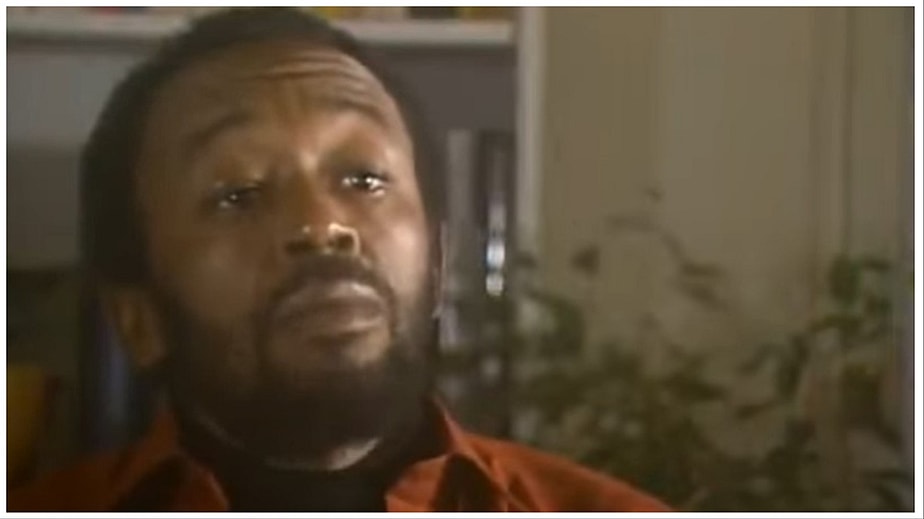Renowned photographer Roland L. Freeman, who documented Black life for over a half-century, passed away earlier this month. He was 87.
Freeman, who had heart-related health problems, died Aug. 7 at his home in Washington, D.C., his wife, Marcia Freeman, confirmed, the Washington Post reports.

As a self-taught artist, Freeman’s approach to portraiture consists of documentary techniques and detached observation. As a quilt designer, he transferred photographs onto cloth to create quilts that reflected Black tradition, struggles and solidarity. Black culture in the rural South and civil rights issues were the focal point of his work.
Freeman’s passion for photography began while he was in the crowd for Rev. Martin Luther King’s “I Have a Dream” speech during the March on Washington on Aug. 28, 1963.
An exhibit of 10 photographs from the gathering appeared in Freeman’s neighborhood shortly after Rev. King’s speech. When Freeman served in the U.S. Air Force in Paris in the 1950s, he developed an interest in photography, but the images from King’s address and the Lincoln Memorial left him in awe.
“I stared at those pictures the rest of the night,” Freeman recalled in a 2021 interview with the Ogden Museum of Southern Art in New Orleans. “I said to myself, ‘This is how I am going to say something about the times in which we live’… I’m going to be a photographer.”
Since the 1960s, Freeman used 35-millimeter film with nearly always black-and-white images. In his view, he was part folklorist and part social researcher in his work.
“I think of my work as a project,” he told a documentary in 1983, “a project that deals with the migration patterns of Black people, what happens to their traditional culture when they leave the rural areas and come to urban areas, how their traditions change, how new ones come about.”
In his 1996 book on Black quilters, “A Communion of the Spirits,” Freeman said he drew strength from quilts during his battle with cancer in the early 1990s.
“It isn’t a matter of southern folk culture being so appealing to me. That’s not it,” Freeman told the National Endowment for the Arts in a 2007 interview. “I’m interested in traditional folklife practices. And in a lot of places in the South, a lot of those folklife practices are closer to what they were 50 to 100 years ago than in a lot of other places.”
Freeman is renowned for his unfiltered view of Black culture and history in his books and photography exhibitions. A book he wrote in 1989, “The Arabbers of Baltimore,” focused on the once-thriving culture of mobile street vendors in the city, some of whom had been relatives of his when he was a boy. His 1981 book “Southern Roads/City Pavements: Photographs of Black Americans” illustrates the Great Migration of Southern Black people to the North in the early 20th century.
Freeman’s work draws on protests and struggles spanning the 1960s to the Black Lives Matter movement and modern activism.
According to the Washington Post, Glenn Hinson, associate professor of anthropology at the University of North Carolina at Chapel Hill, once wrote that Freeman’s work “is unparalleled in the history of American photography.”
TheGrio is FREE on your TV via Apple TV, Amazon Fire, Roku, and Android TV. TheGrio’s Black Podcast Network is free too. Download theGrio mobile apps today!

